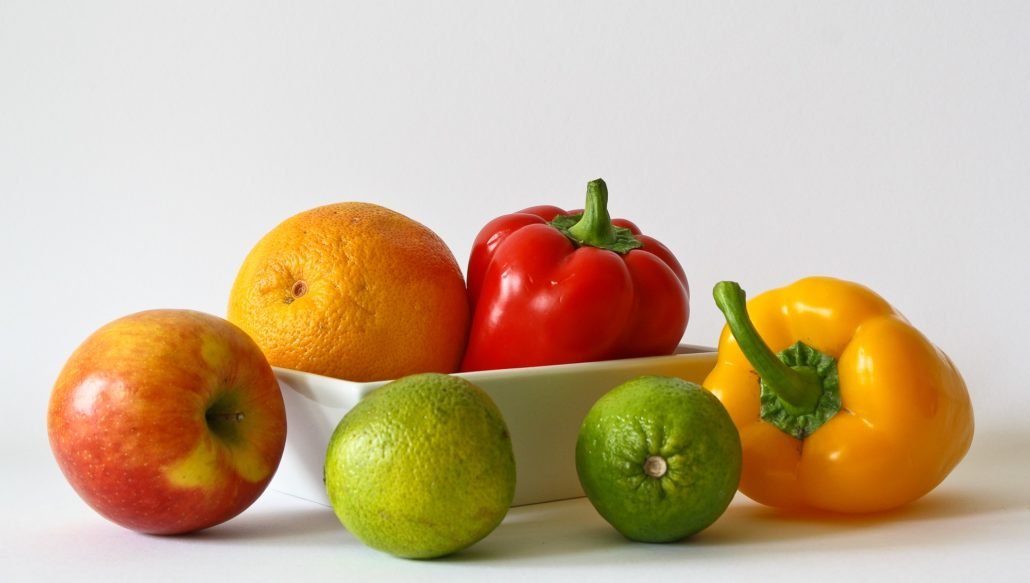Alkaline Diets and Kidney Disease : Many dangerous fad diets exist that purport to treat diseases such as cancer by manipulating the pH of blood with different foods. While there is no good evidence that acidic foods alter the body’s pH and promote disease, the hypothesis that “dietary acid load” relates to disease should not be completely dismissed. The kidney serves to regulate blood pH, but if kidney function declines and other tissues catabolize to maintain pH, then it is very plausible that manipulating the diet to reduce the acid load could spare tissues and improve outcomes in chronic kidney disease (CKD).
After all, for example, the metabolism of amino acids yields hydrogen ions, whereas fruits and vegetables contain organic salts that generally reduce acid load when metabolized. Recently, a growing number of human studies that manipulate diet acid load using fruits and vegetables and sodium bicarbonate support this hypothesis. Let’s take a look at some of them.
The first randomized controlled trial on bicarbonate supplementation and CKD progression was published in 2009 by de Brito-Ashurst and colleagues. Bicarbonate is produced by the kidneys and serves to neutralize acid. Supplementation of bicarbonate for 1 year in CKD patients slowed the progression of kidney disease as suggested by creatinine clearance and reduced the need for dialysis. The next year, in 2010, a 5-year trial was published by Donald Wesson’s group that found a slowed kidney decline as measured by estimated glomerular filtration rate (eGFR) with bicarbonate supplementation. Several subsequent studies by his group have used bicarbonate or fruits and vegetables to achieve beneficial outcomes. Goraya et al. gave oral bicarbonate or enough fruits and vegetables that were estimated to reduce dietary acid load by 50% to CKD patients for 30 days and also observed a slowed reduction in eGFR in patients at moderate, but not mild, stages of the disease.
In patients with more advanced stages of CKD, one year of bicarbonate or fruits and vegetables did not slow the decrease in eGFR, though several urinary markers of kidney injury were reduced. Their most recent trial tested if kidney function might be preserved through a reduction in angiotensin II in moderate stage CKD patients. Three years of bicarbonate or increased fruits and vegetables lessened the decline in eGFR and resulted in a corresponding decrease in the marker angiotensin II. Other studies using bicarbonate from six months to two years have provided strong evidence that reducing acid load consistently slows the decline of eGFR, and improves markers of bone health and muscle function.
Each of the studies described provided fruits and vegetables to patients free of charge to increase adherence. It will be important to test if adherence can be maintained through education alone. Additionally, it may be that “prescribing” fruits and vegetables is effective at improving outcomes and reducing health care costs more so than bicarbonate since they also reduce blood pressure. While “alkaline diets” in general should be viewed skeptically, there is accumulating evidence that fruits and vegetables as dietary alkali do indeed help in kidney disease.
Alkaline Diets and Kidney Disease
can drinking alkaline water repair kidneys, alkaline diet for kidneys, alkaline water and chronic kidney disease, kangen water for dialysis patients, alkaline water for dialysis patients, alkaline water and kidney stones, kidney healing juice, kidney cysts foods to avoid,
Source : American Society of Nutrition




